Introduction
In today’s world, where energy costs are rising and environmental concerns are growing, finding ways to make your home more energy-efficient is a smart choice. Not only can it save you money on your utility bills, but it can also reduce your carbon footprint and contribute to a more sustainable future. In this article, we’ll explore some simple and effective tips to increase your home energy efficiency and reduce waste.
Seal Those Leaks
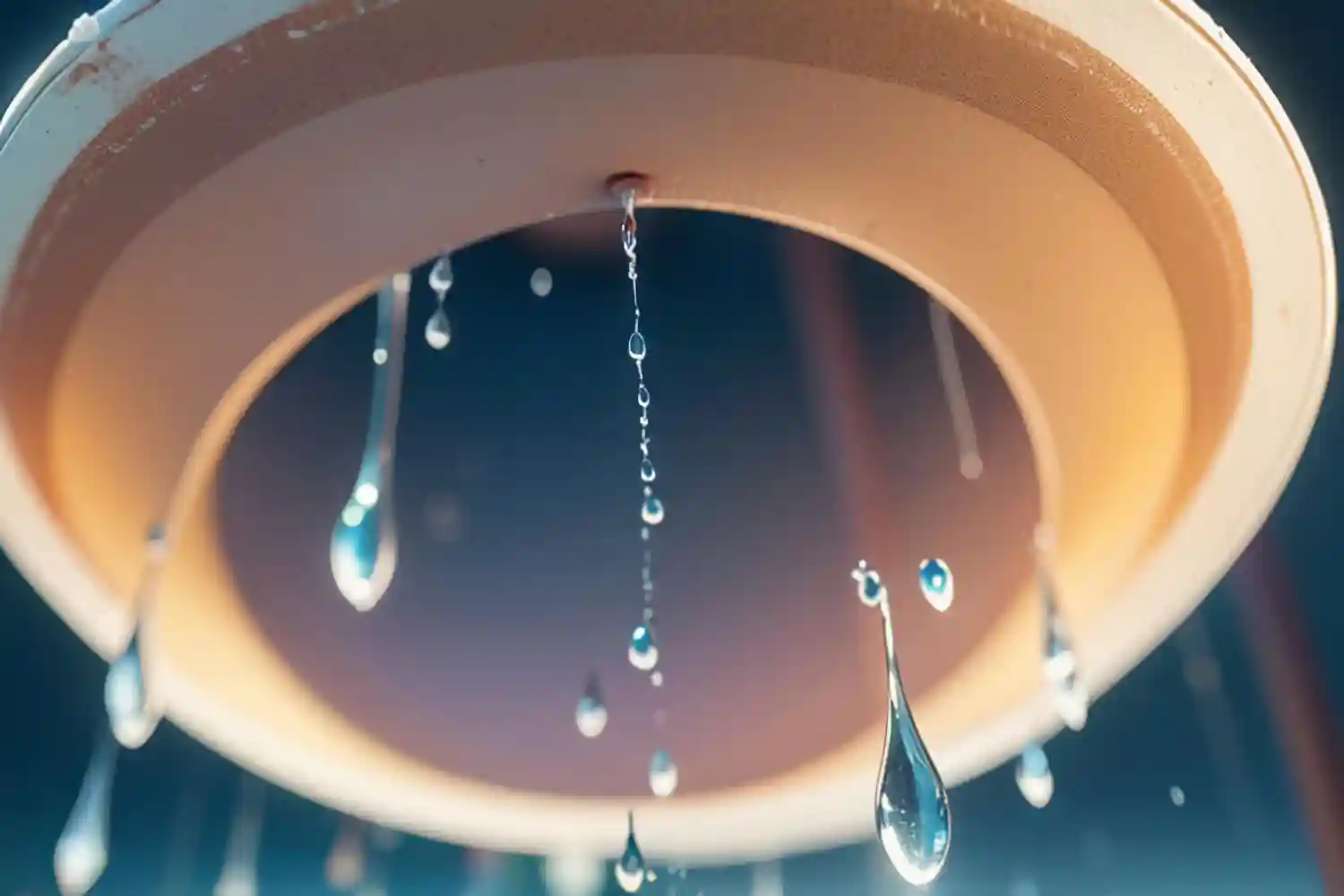
Did you know that small gaps and cracks in your home can let warm air escape in the winter and cool air leak out in the summer? These leaks can make your heating and cooling systems work harder than they need to. By sealing gaps around windows, doors, and vents with weatherstripping or caulk, you can prevent energy wastage and create a more comfortable living environment.
Upgrade Your Lighting
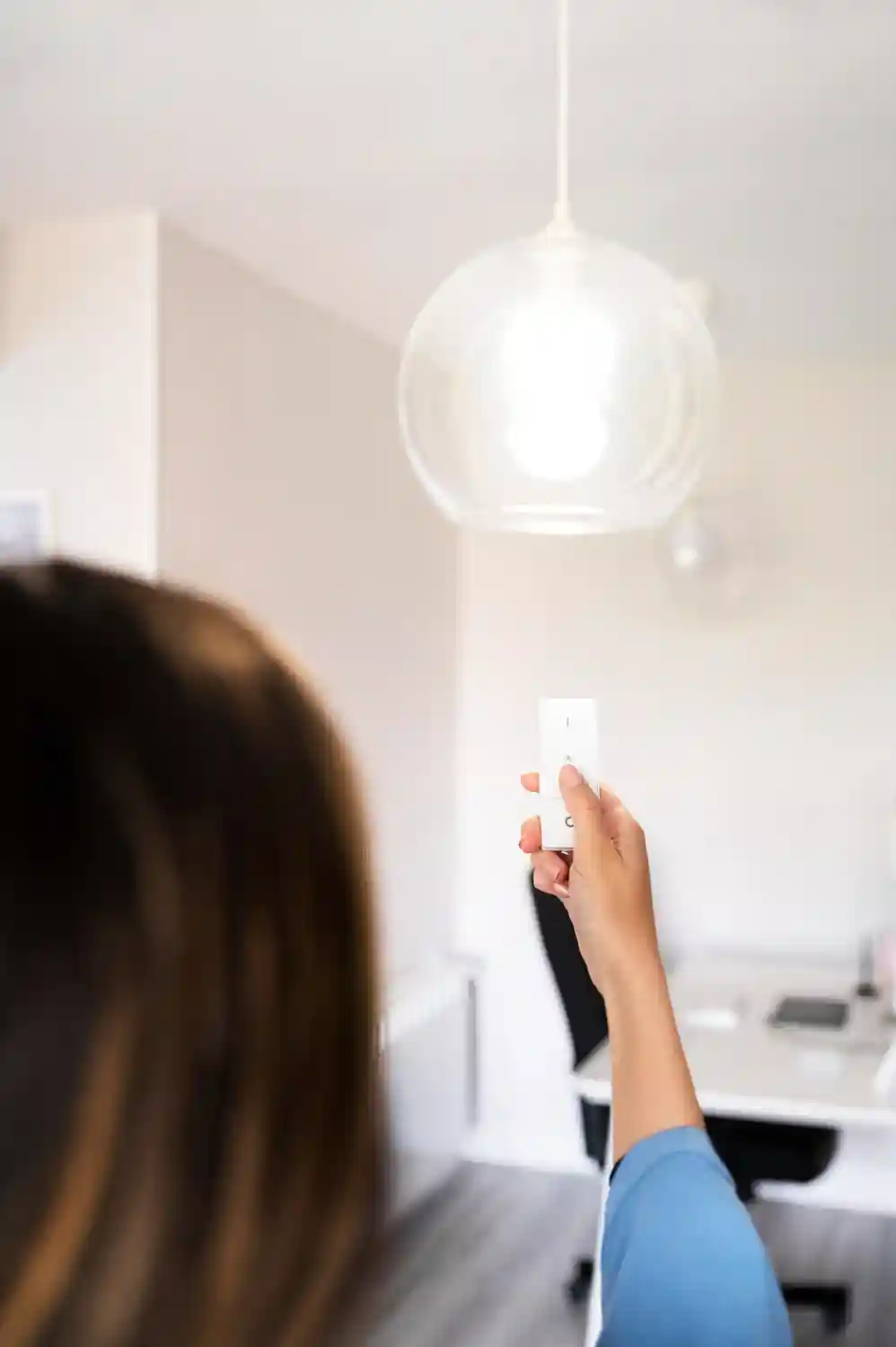
Traditional incandescent light bulbs waste a lot of energy by producing heat rather than light. Consider switching to energy-efficient LED or CFL bulbs, which use significantly less energy and last much longer. This small change can lead to big savings on your electricity bill.
Optimize Heating and Cooling
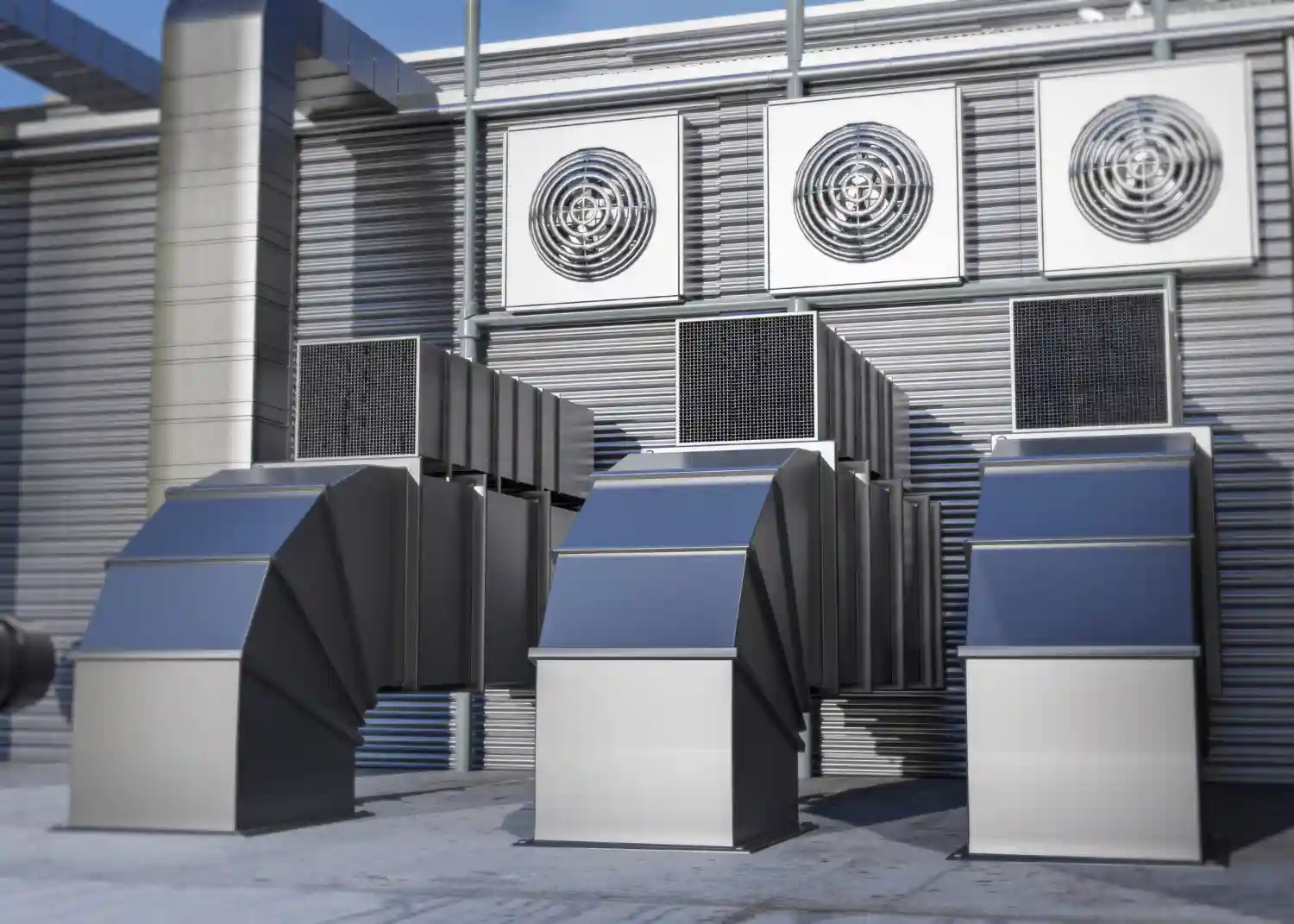
Heating and cooling account for a substantial portion of your energy bills. You can also use a programmable thermostat to adjust the temperature when you’re not at home to reduce these costs, set your thermostat a bit lower in the winter and a bit higher in the summer… Regular maintenance of your HVAC system, such as cleaning or replacing filters, can improve its efficiency too.
Unplug and Power Down
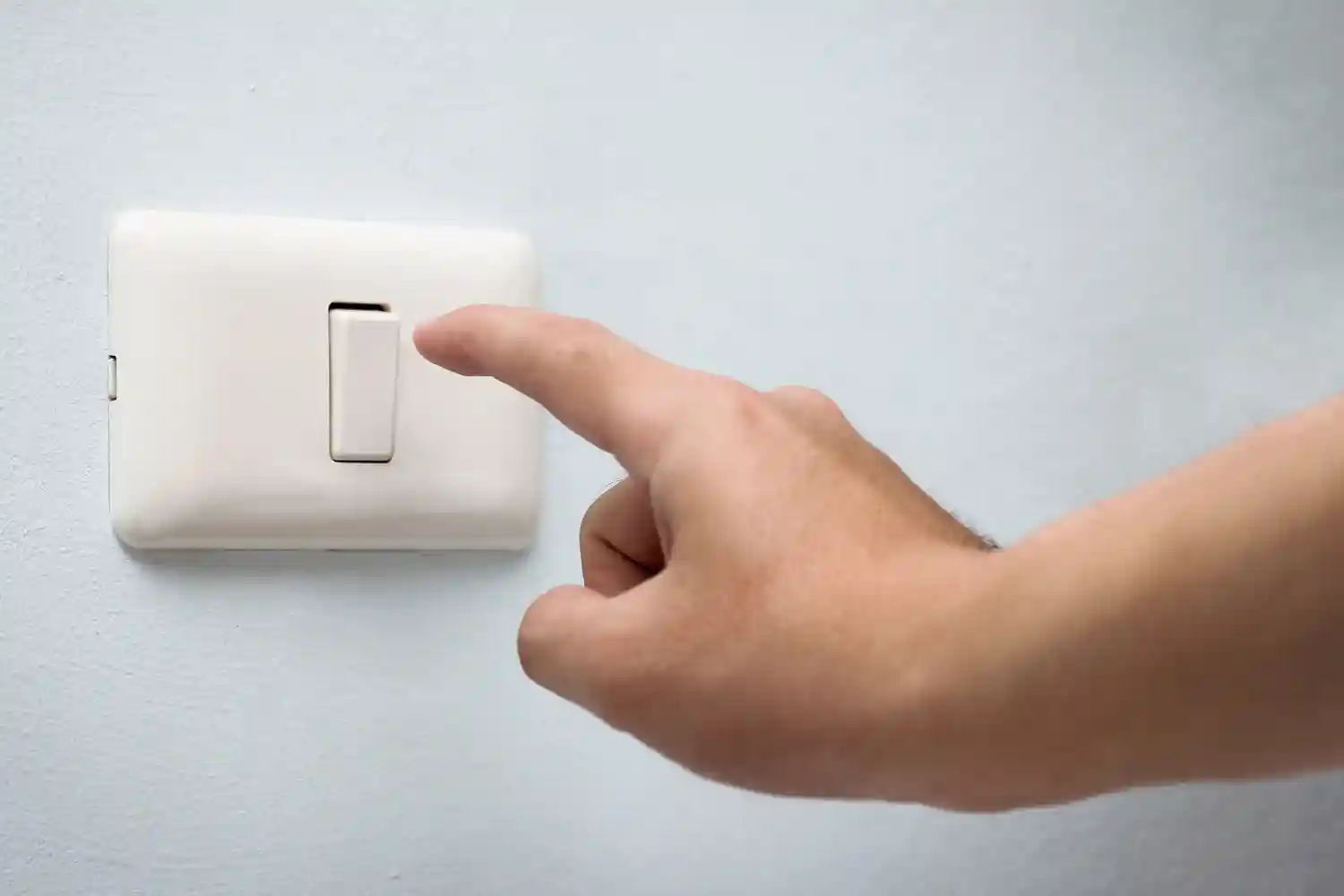
Even when electronic devices are turned off, they often consume energy if they’re still plugged in. To save energy, unplug chargers, appliances, and electronics when they’re not in use. Consider using power strips to easily disconnect multiple devices at once.
Choose Home Energy-Efficient Appliances
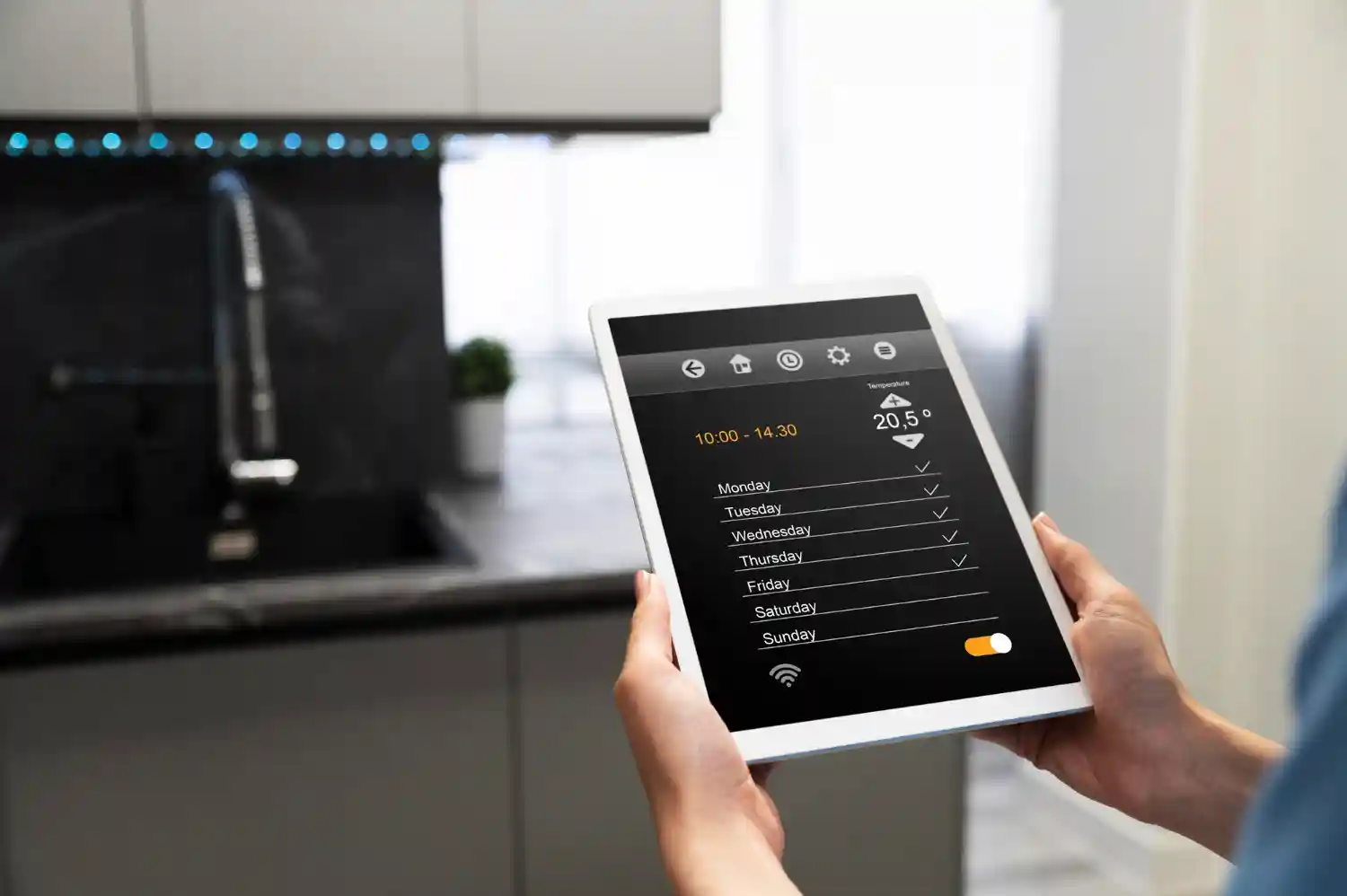
When it’s time to replace your appliances, opt for ones with the ENERGY STAR label. These appliances meet strict energy efficiency guidelines set by the Environmental Protection Agency, helping you save money and reduce energy consumption.
Insulate Your Home
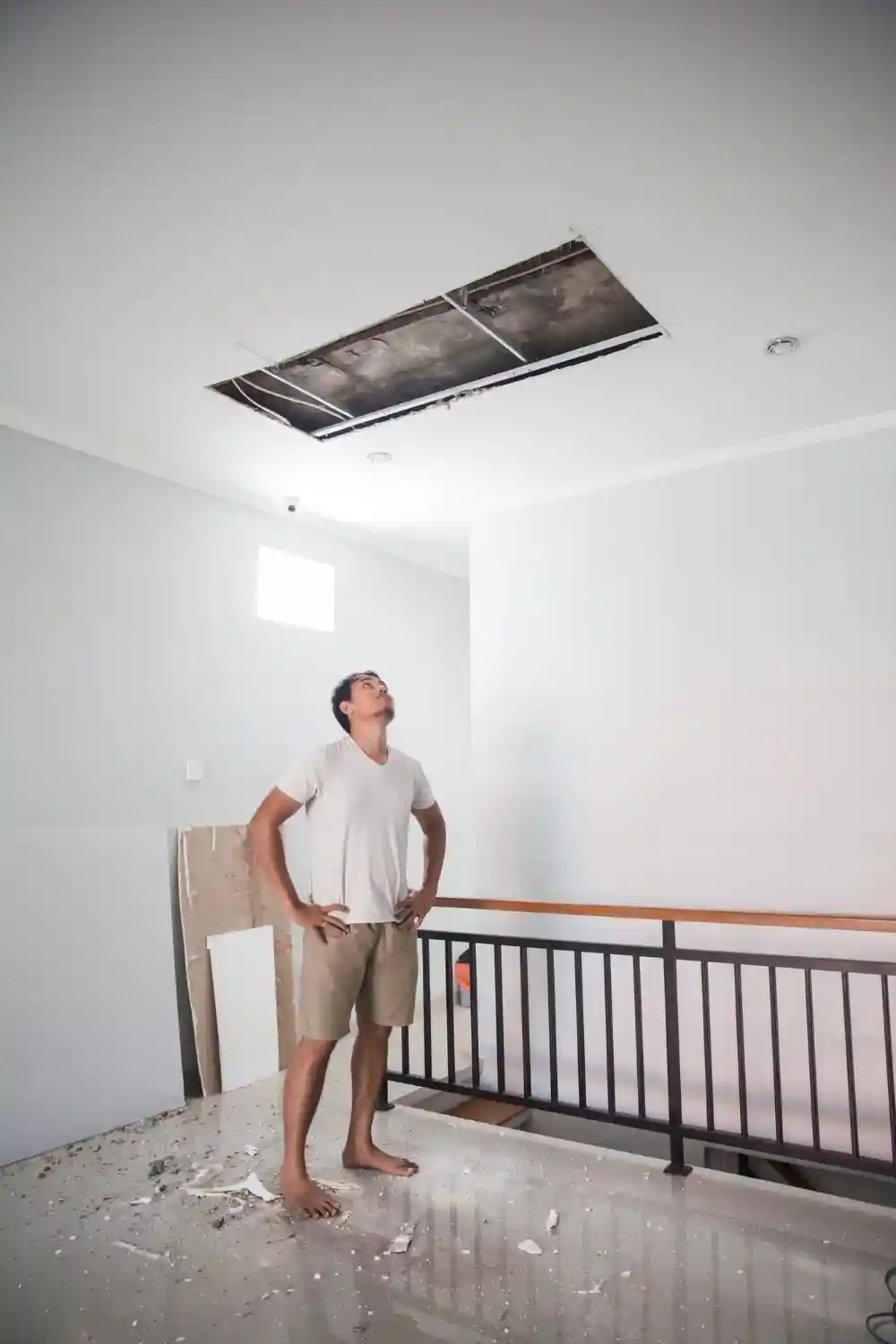
Proper insulation can make a big difference in your home’s energy efficiency. Insulate your attic, walls, and floors to prevent heat loss in the winter and keep your home cooler in the summer. This investment can pay off in the long run through lower energy bills.
Use Natural Lighting

Take advantage of natural light during the day to reduce the need for artificial lighting. Keep your curtains and blinds open to let sunlight in. Not only does this save energy, but it also creates a pleasant and inviting atmosphere in your home.
Upgrade Windows and Doors
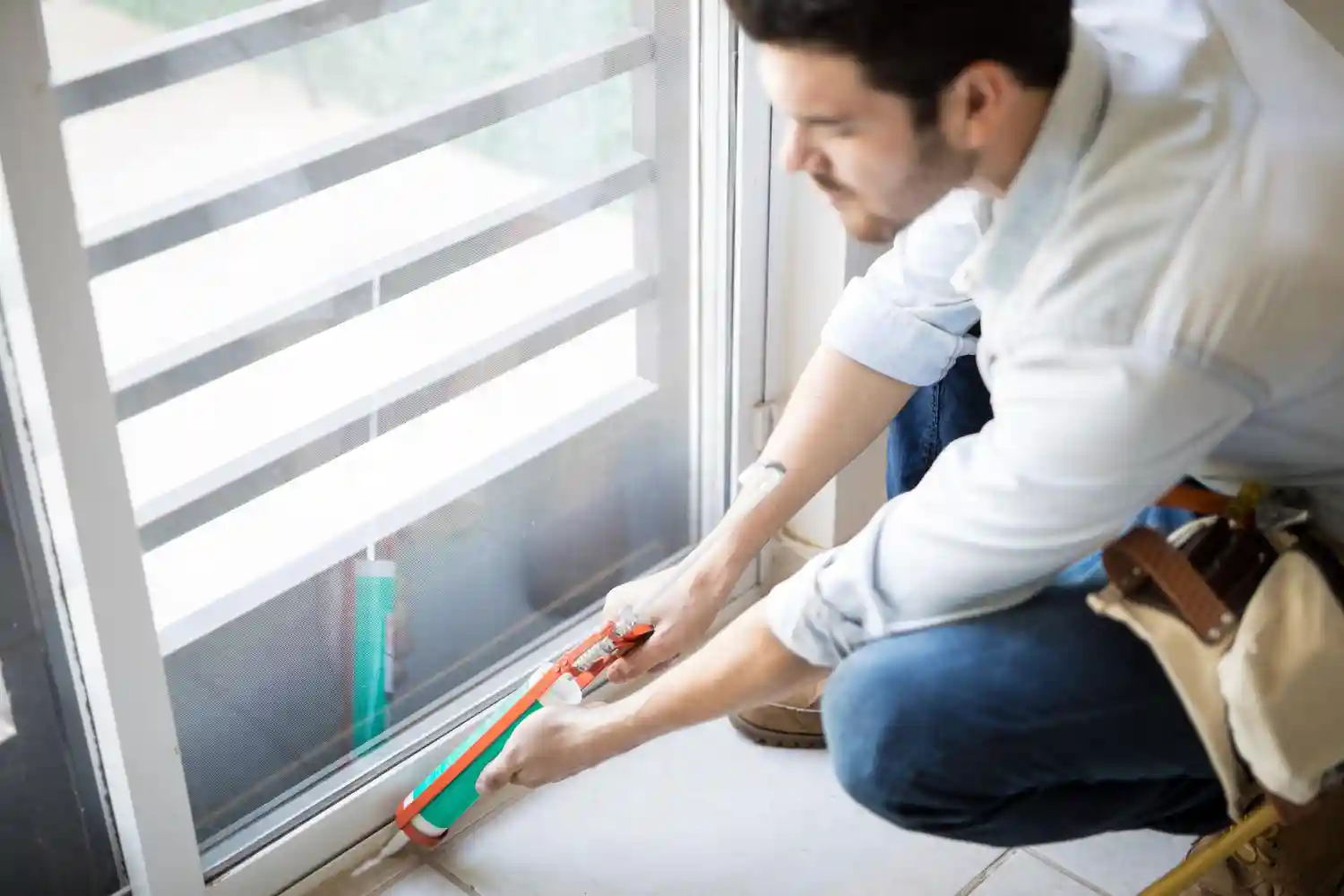
Old and inefficient windows and doors can let in drafts and allow heat to escape. Consider upgrading to energy-efficient windows and doors that are designed to keep your home’s temperature stable, reducing the need for excessive heating or cooling.
Reduce Water Waste
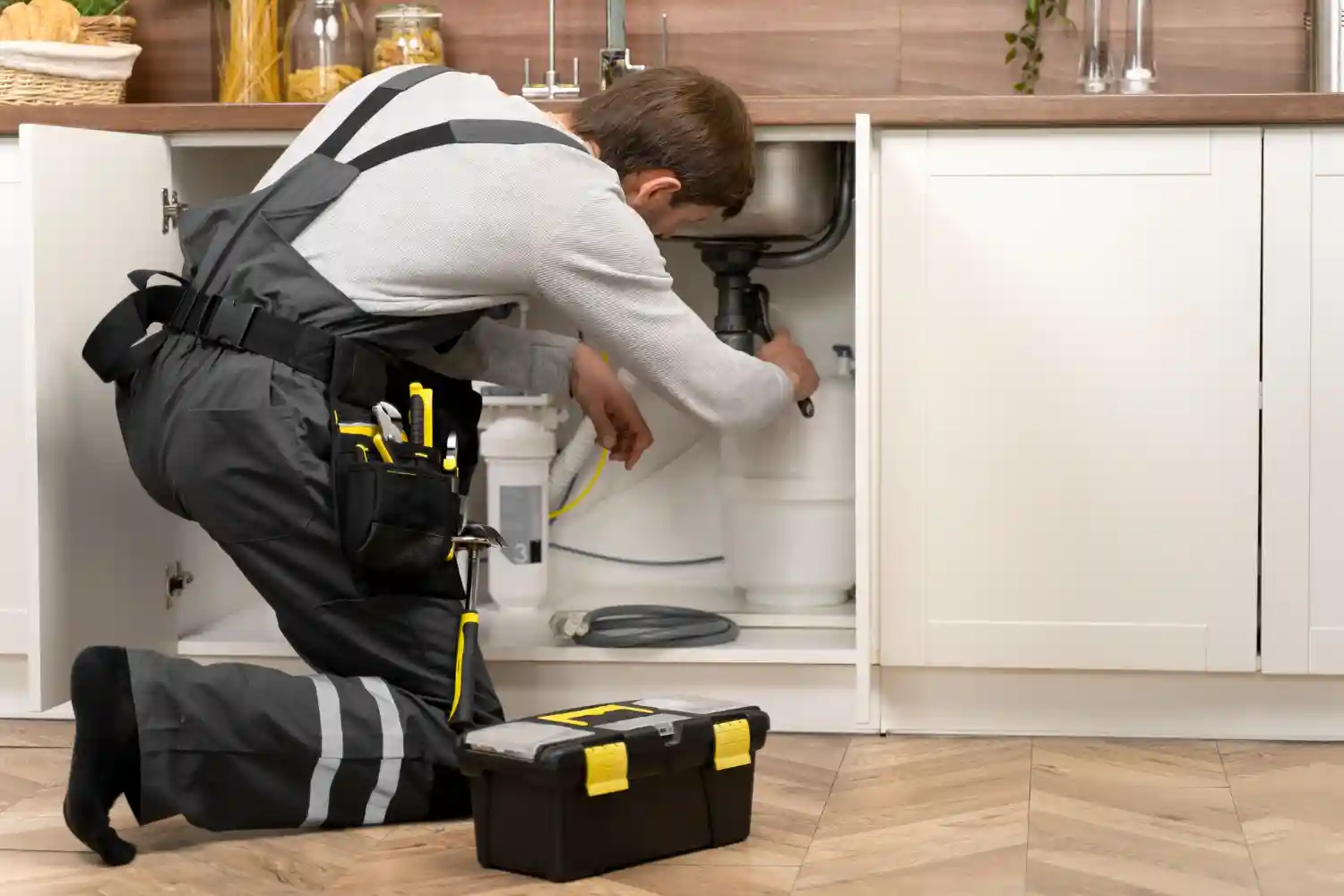
Energy efficiency isn’t just about electricity – it’s also about water usage. Fix any leaks in faucets and pipes promptly. Consider installing low-flow faucets and showerheads to reduce water consumption without sacrificing water pressure.
Sustainable Landscaping

If you have a garden, choose native plants that require less water and maintenance. Planting trees strategically can provide shade, keeping your home cooler during hot months.
By implementing these energy-saving tips, you can lower your utility bills, minimize waste, and contribute to a more sustainable future. Every small effort counts, and collectively, our choices can have a significant positive impact on the environment and our wallets.